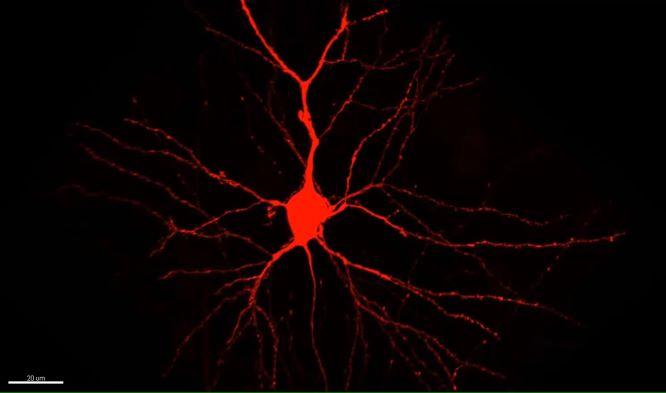Abstract:
Neocortical synapses show rapid changes in synaptic weights during learning. We use a high-throughput sensory association training paradigm in freely-moving mice to monitor input- and target-specific changes in somatosensory cortex during learning. Long-lasting, layer-specific changes in thalamocortical and GABAergic synaptic strength and anatomy can be detected at the earliest stages of training. These synaptic changes are fine-tuned to the statistical properties of the training environment, reflecting the structure of the stimulus and reward contingencies.

Biography:
Alison Barth received her Ph.D. in Cell and Molecular Neuroscience at UC-Berkeley, and was a postdoctoral fellow in neurophysiology at Stanford. She joined the Department of Biological Sciences at Carnegie Mellon in 2002, where she is a Professor in the Department of Biological Sciences, Biomedical Engineering, as well as the Neuroscience Institute. She served as the founding director of Carnegie Mellon’s neuroscience initiative from 2015-2018. Her research focuses on cellular and synaptic changes that occur in the mammalian neocortex during learning, using both electrophysiological recordings and quantitative anatomical measurements to examine cell-type and pathway-specific changes. Barth is the recipient of multiple awards, including a McKnight Award, the Sloan Foundation Award, the New Innovator Award from the Society for Neuroscience, the Humboldt Foundation Friedrich Wilhelm Bessel Award as a visiting faculty member in Berlin for 2010, and was awarded the Leverhulme Visiting Professorship at University College London for 2020. She holds a patent for the fosGFP transgenic mouse and is the inventor of multiple other technologies for neuroscience research and disease treatments.
This will be a hybrid event.
